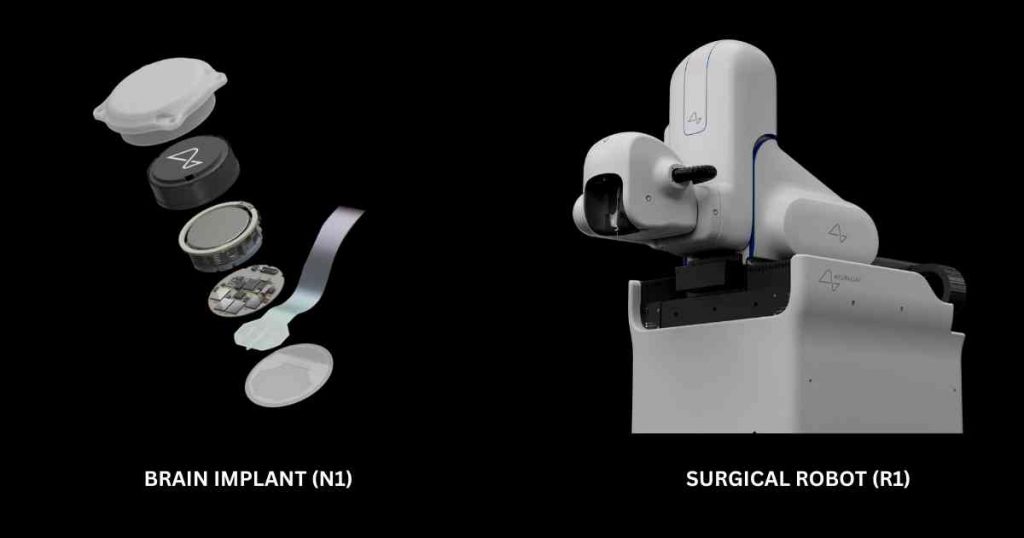The call for volunteers by Neuralink, a company founded by Elon Musk, has witnessed an overwhelming response. Thousands of individuals have lined up to participate in the first clinical trials of Neuralink’s brain implant chip, which is set to commence next year.
The ideal candidates are adults under 40, preferably with paralysis, as the initial focus is on utilizing the technology to aid individuals with severe physical limitations.
The clinical trial involves a surgical procedure where electrodes and ultra-thin wires are inserted into the brain. A small portion of the skull is replaced with a computer the size of a quarter, responsible for collecting and analyzing brain activity and transmitting data wirelessly to a nearby device. The ultimate goal is to enable individuals, especially those with paralysis, to control computers or mobile devices using their thoughts alone.
Neuralink aims to conduct 11 surgeries in 2024, increasing to 27 in 2025, and significantly scaling up to 22,204 by 2030. This gradual escalation reflects a cautious yet progressive approach to integrating this groundbreaking technology into everyday life.
Despite the enthusiasm surrounding Neuralink, the company has faced its share of controversies, particularly concerning its animal testing practices. Reports of unnecessary suffering and mishandling during these tests have sparked ethical debates and investigations, highlighting the complex moral landscape that such advanced technologies must navigate.
Neuralink is not alone in this race. Companies like Synchron Inc, backed by tech giants like Bill Gates and Jeff Bezos, have already made significant strides, with their brain implants being used in clinical trials for various applications. This competitive environment is pushing Neuralink to accelerate its development, with Musk urging his team to proceed with a “maniacal sense of urgency.”



